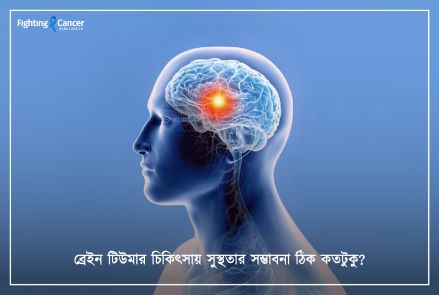
Dealing with a brain tumor is a complex and challenging journey, and the road to recovery can vary for each individual. A lot depends on factors such as the type of tumor, its location, size, stage, and the patient's overall health.
There are two main types of brain tumors: benign ones, which typically grow slowly and are not cancerous, and malignant ones, which are cancerous and can spread rapidly.
Treatment options for brain tumors include surgery to remove the tumor, radiation therapy to target and destroy cancer cells, chemotherapy to kill or slow down the growth of cancer cells, and targeted therapy using drugs that specifically target cancer cell growth.
The view is generally positive for benign tumors that are completely removed, and many patients can return to their normal lives. However, even benign tumors can cause symptoms and issues if they put pressure on nearby brain structures.
On the other hand, the scenario for malignant brain tumors is typically not as optimistic, and achieving complete recovery can be more challenging. The goal of treatment is often to manage the tumor's growth, alleviate symptoms, and improve the patient's quality of life. Despite aggressive treatment, some tumors may continue to grow, leading to a final diagnosis.
Recovery from a brain tumor requires personalized treatment, ongoing monitoring, and support from healthcare professionals, caregivers, and loved ones. While the outlook for brain tumors can vary, advances in treatment and supportive care continue to enhance outcomes and quality of life for patients.

